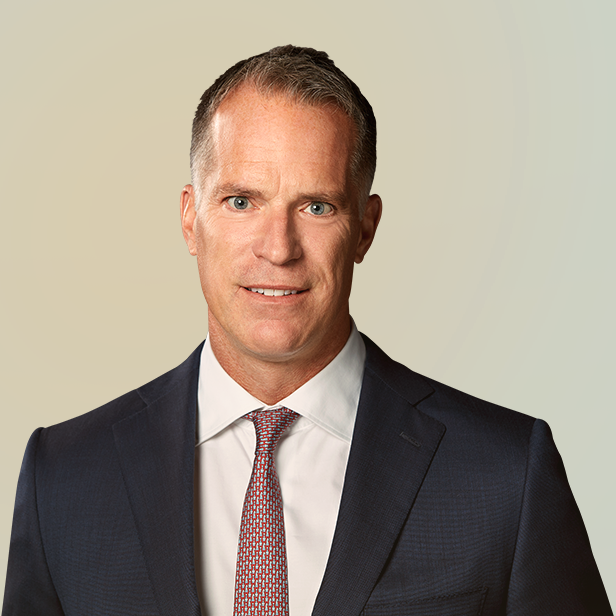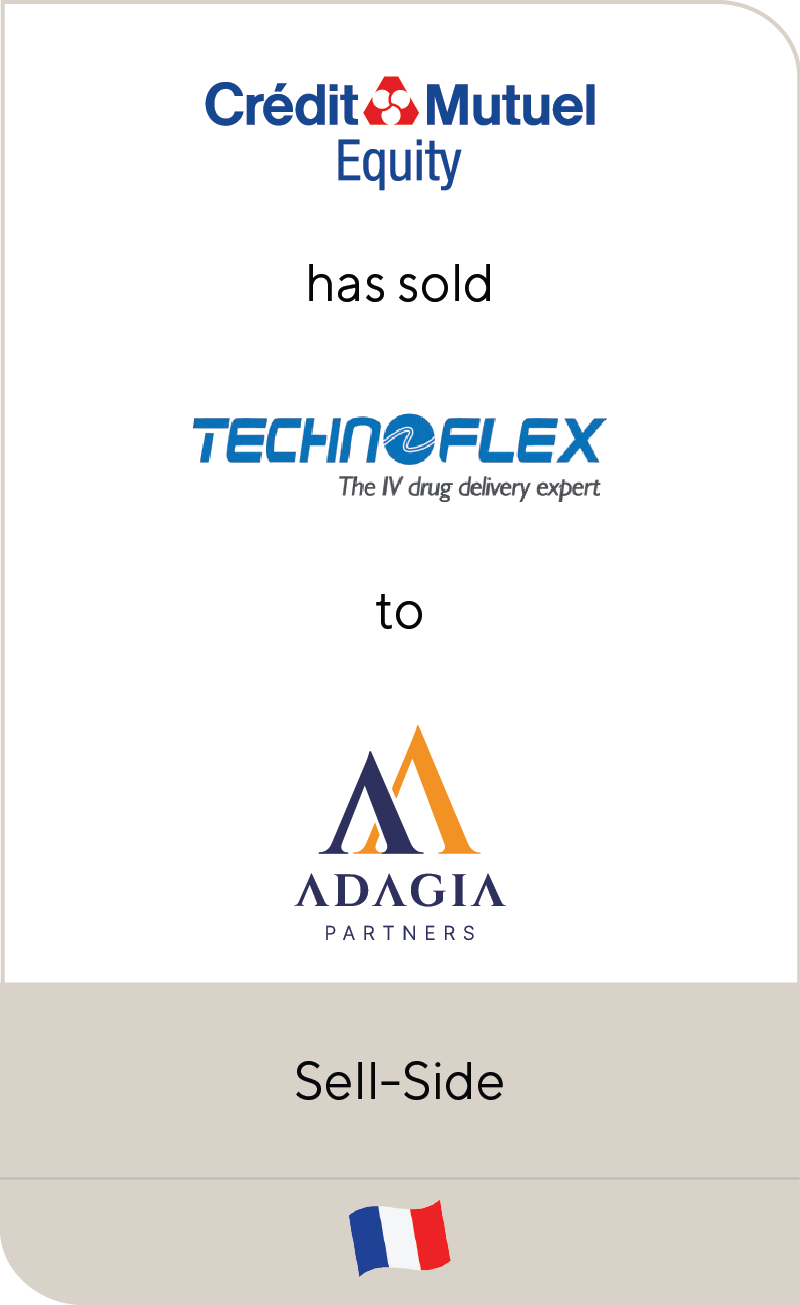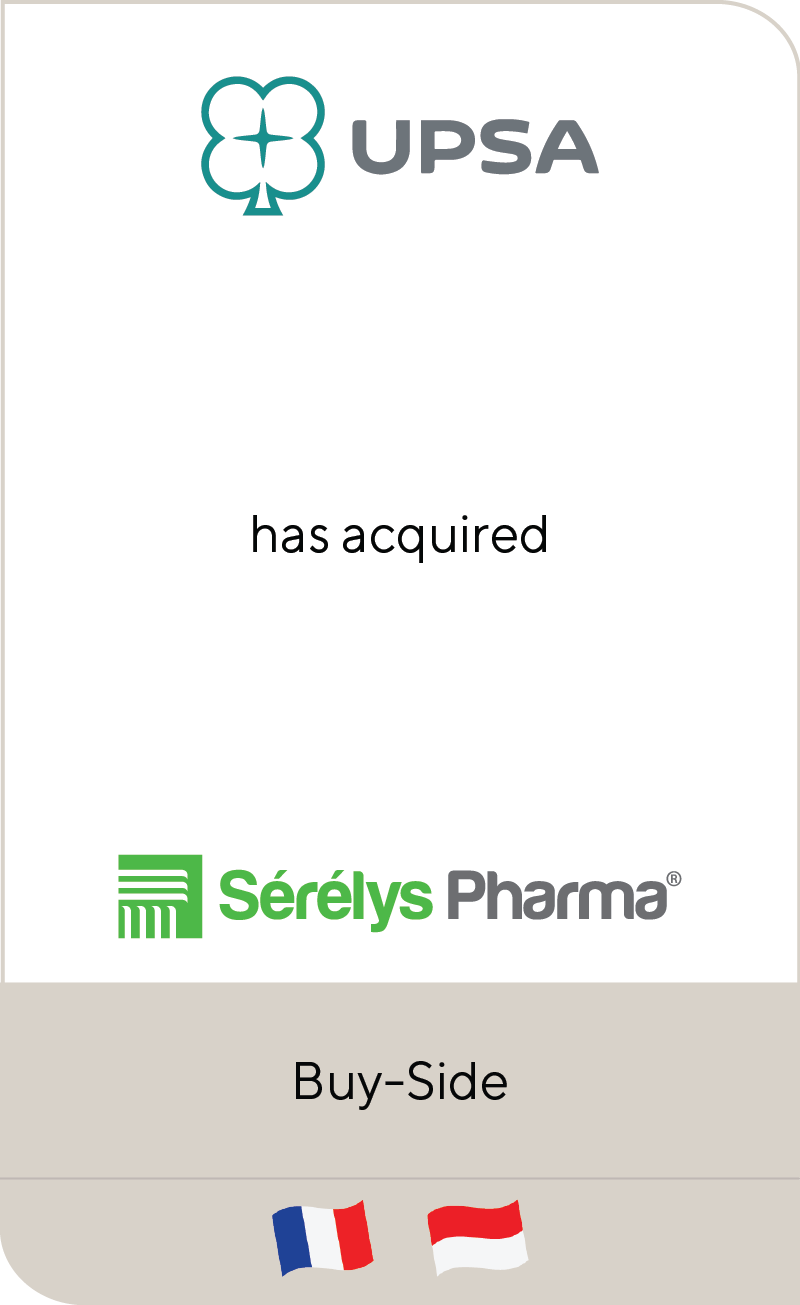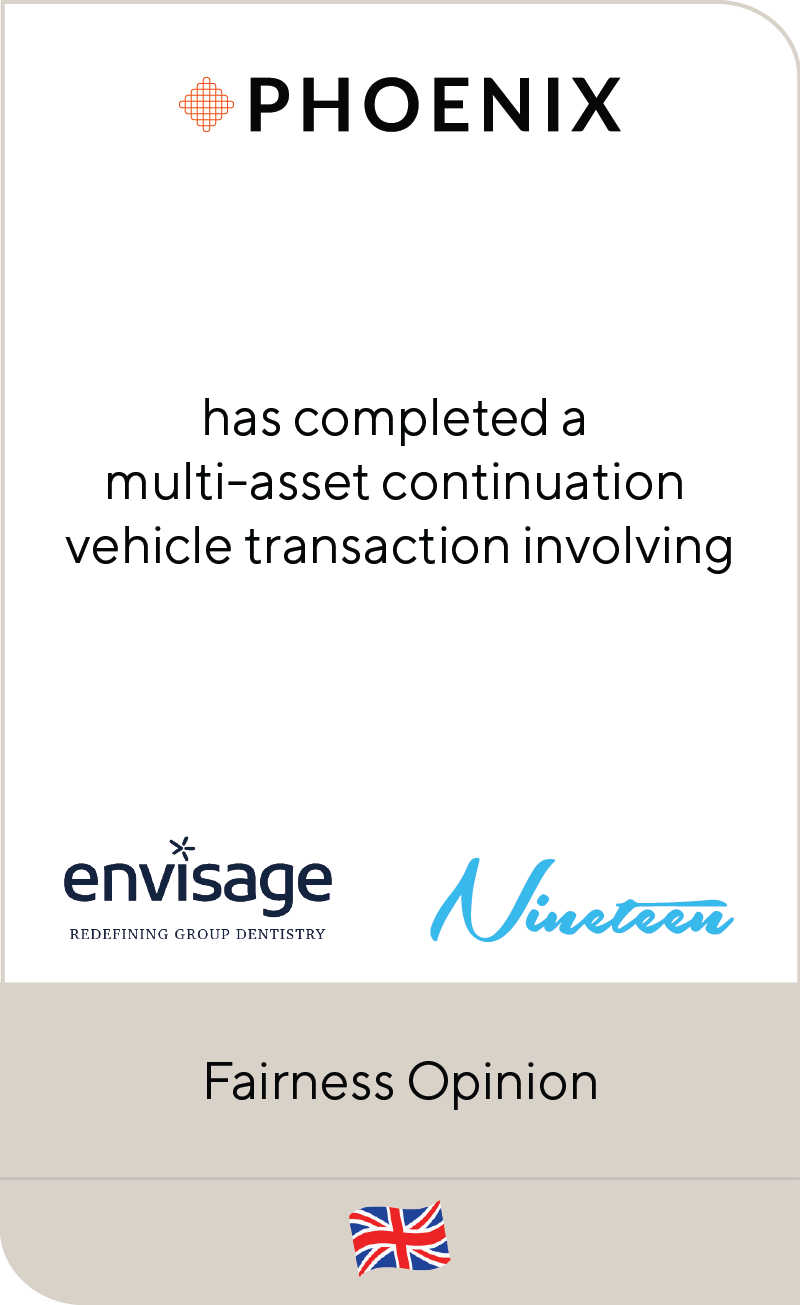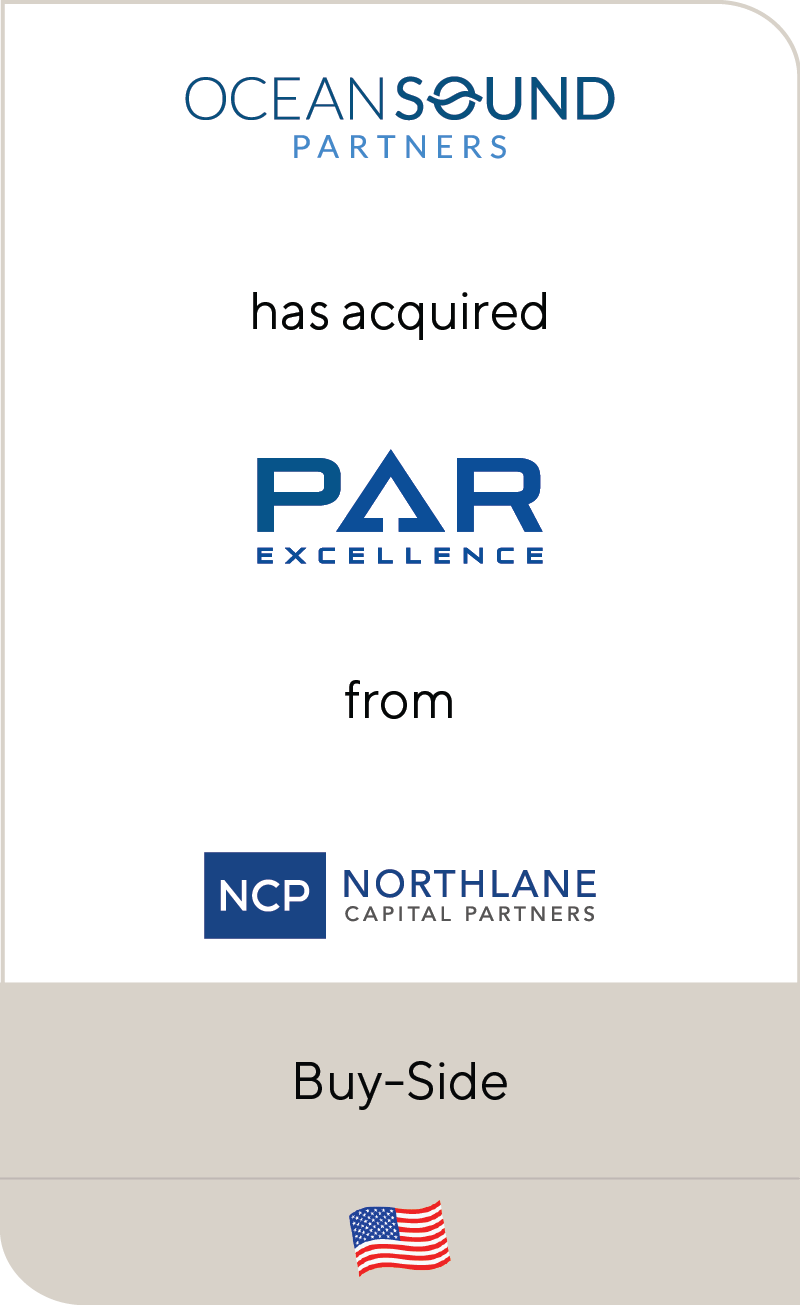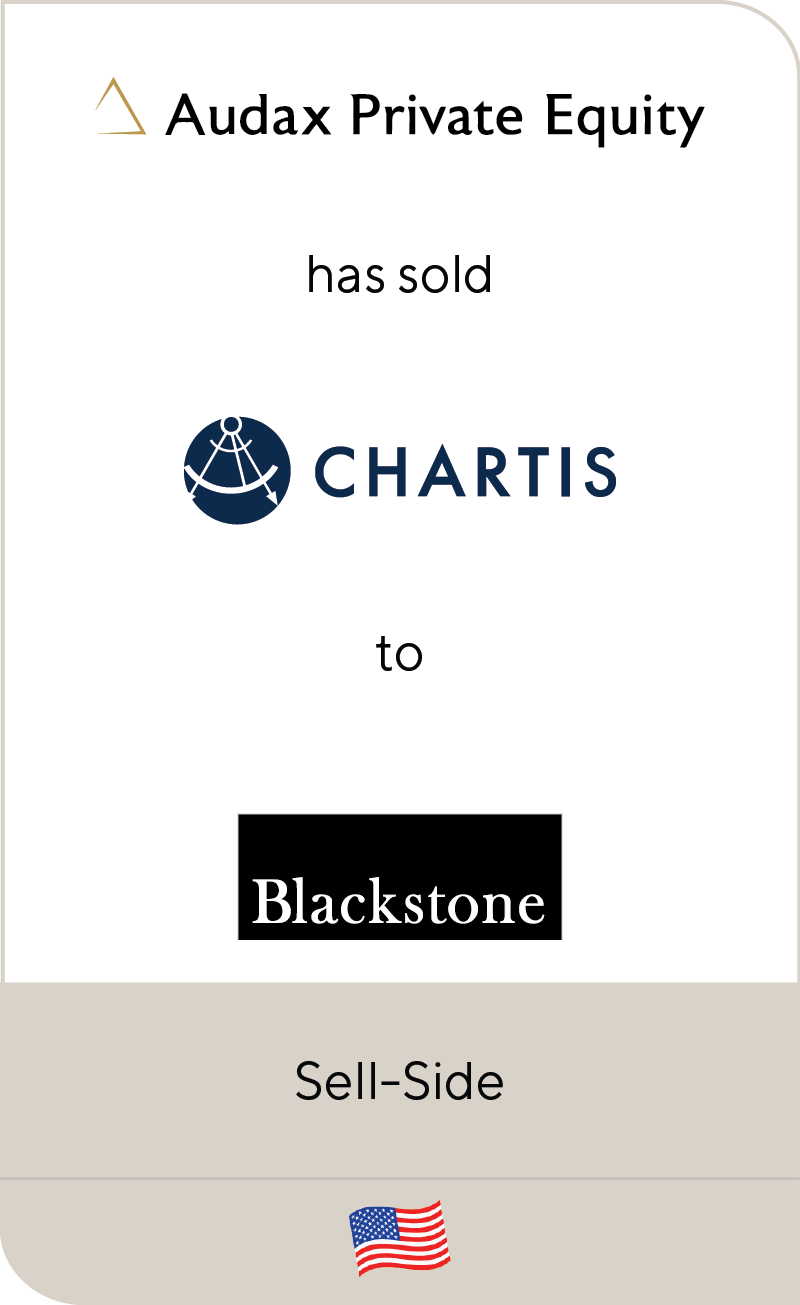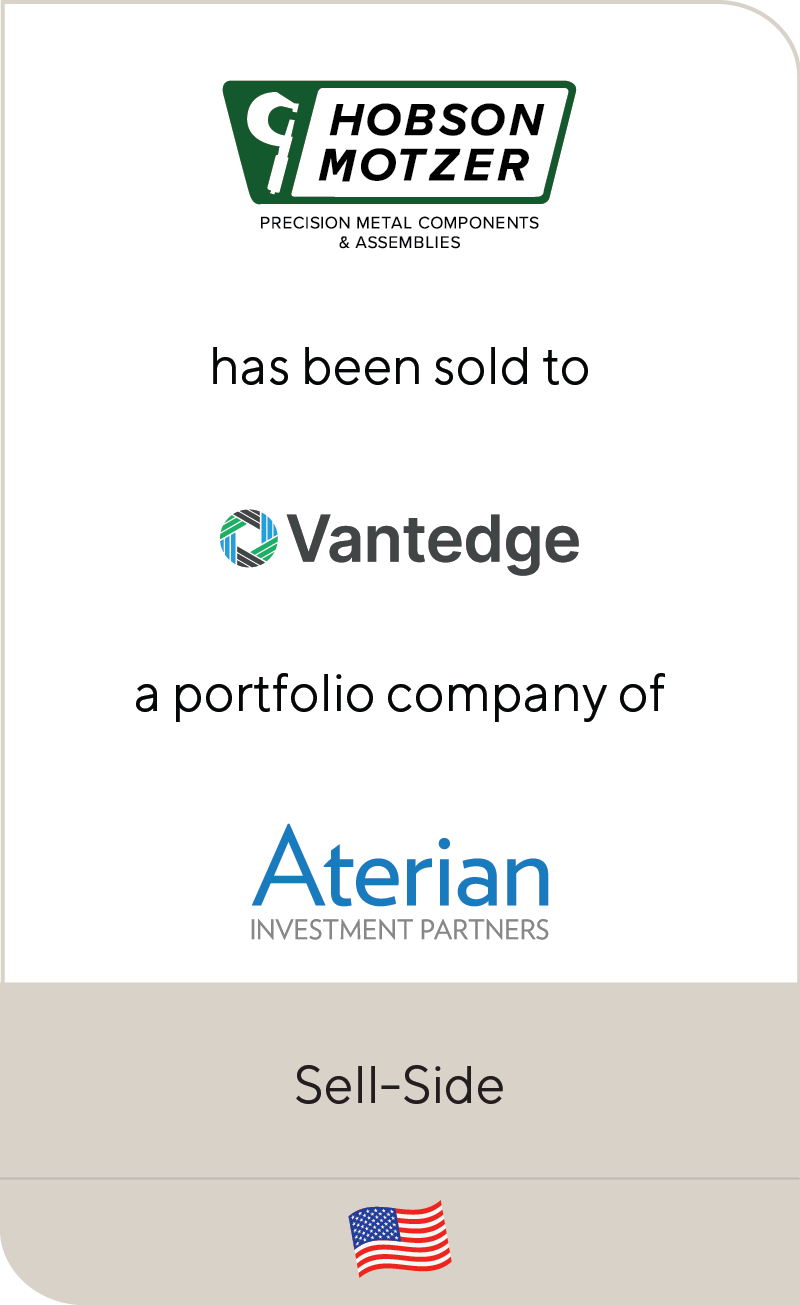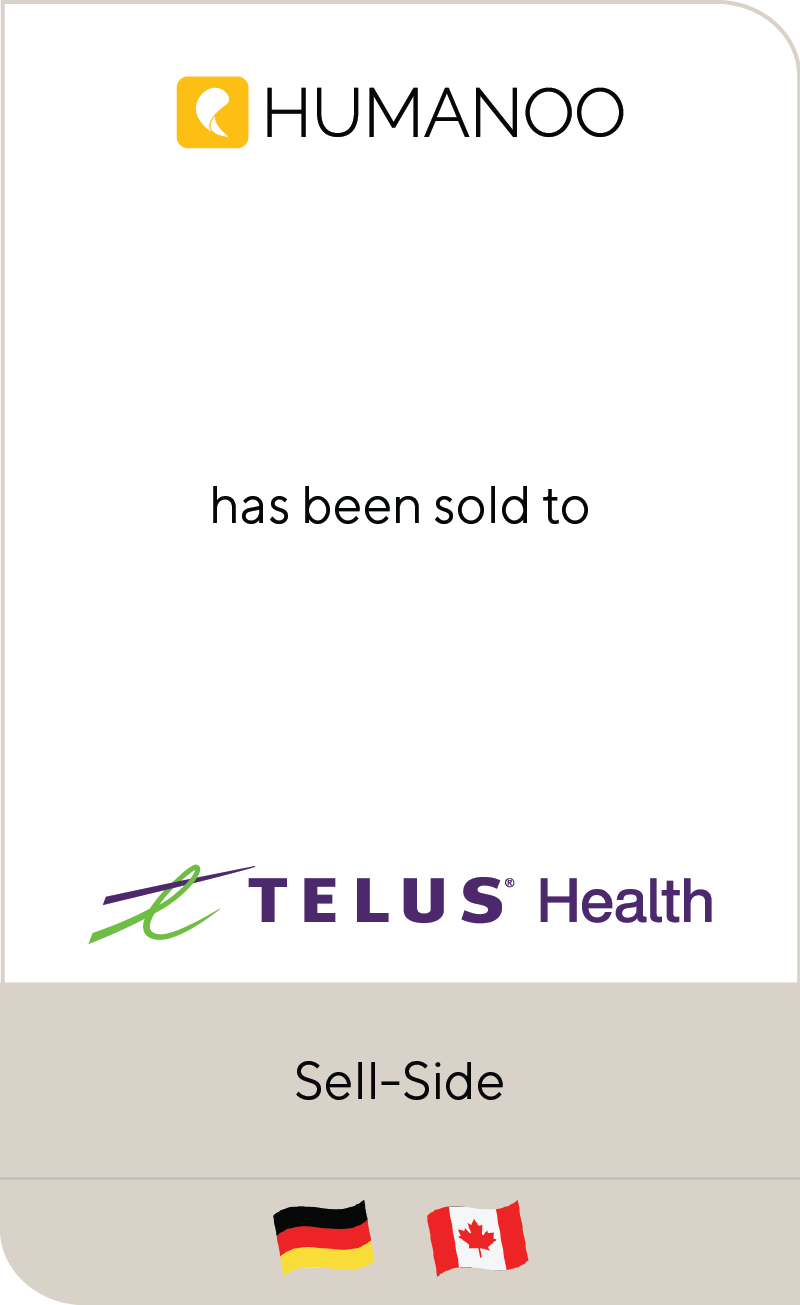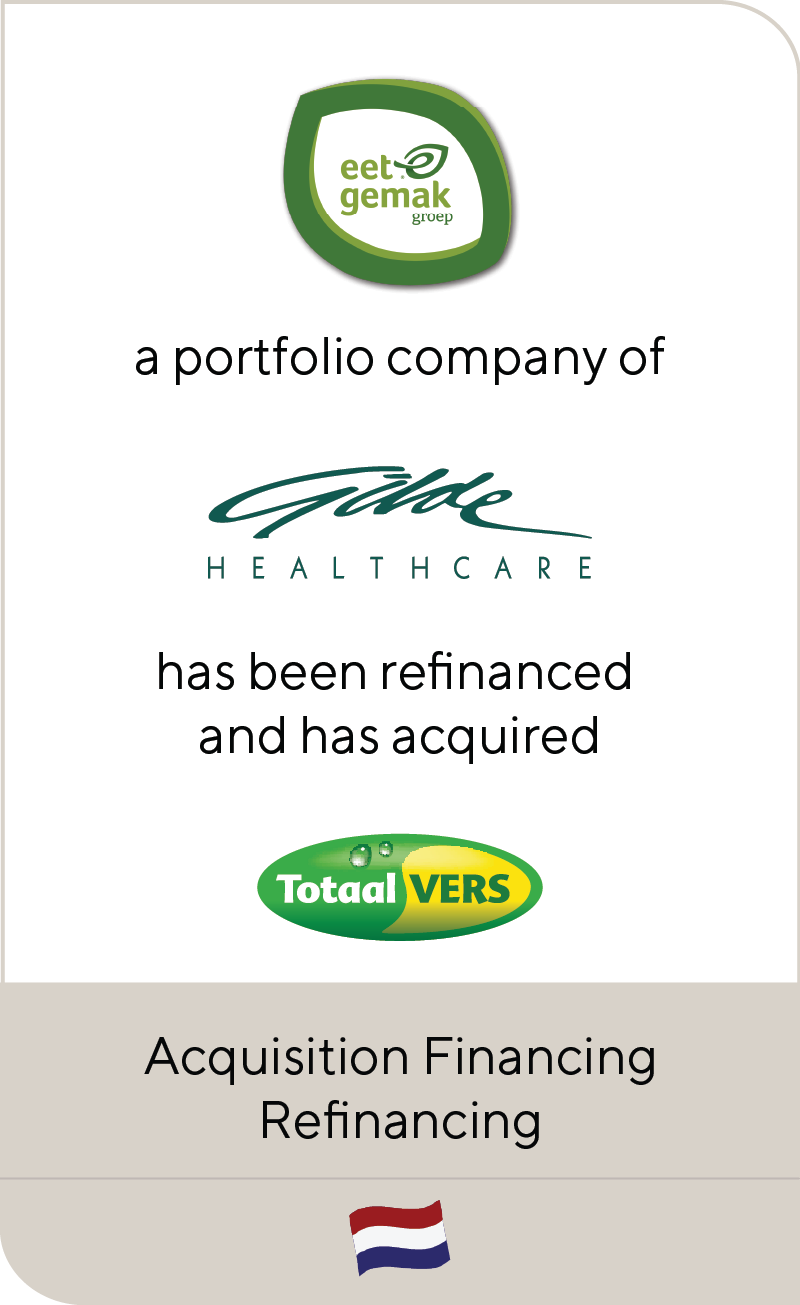What Price is Right? Trends and Opportunities for Private Equity in Pharma Market Access
Feb 2024
The cost of developing new drugs is staggering. Among the top 20 global biopharmas, the average cost of developing a candidate from discovery through clinical trials to market was approximately $2.3 billion in 2022. Coupled with a steep decline in peak sales per asset and an average expected return on investment of just 1.2 percent,1 the high cost of development puts manufacturers under pressure to identify the “right” price for their products so they can recoup expenses within limited patent windows.
That right price needs to balance research and development (R&D) expenditures against sales forecasts in a dynamic landscape where drug complexity is increasing, competition is growing and coverage is not a guarantee. It is also imperative that drug pricing is fair, particularly for conditions prevalent in low-income groups / countries.
Payers, both public and private, demand value and cost-effectiveness. In the U.S., the Inflation Reduction Act of 2022 (IRA) includes provisions to reduce drug spending by the federal government and require manufacturers to pay rebates to Medicare if drug price increases outpace inflation.
Summary
-
Lincoln International’s Healthcare Group has deep market access in the health economics and outcomes research sector and is well-positioned to help clients identify and secure growth opportunities.
- Click here to download a printable version of this perspective.
- Sign up to receive Lincoln's perspectives
In the UK, the National Institute for Health and Care Excellence (NICE) calls for a cost-effectiveness assessment prior to granting drug approval and the National Health System (NHS) negotiates directly with manufacturers. Further complicating matters, each country in the EU has its own system, regulations and competitive environment.
This tension creates an opportunity for those with the specialized skills to define and defend drug value throughout the lifecycle, from concept through clinical trials and commercialization. Market access strategy and execution is a primary contributor to product launch success or failure, and it encompasses the ability to demonstrate clinical and economic evidence and negotiate with the stakeholders and gatekeepers of healthcare access.
Increasingly, biopharma companies are turning to highly specialized consulting firms with expertise in drug pricing, evidence generation, health economics and market access for product pricing advice.
Once 100% consulting-based, many firms are evolving to keep pace with rapid changes in market trends and varying drug pricing reform and reimbursement schemes across global geographies. This evolution is driven by technology enablement, including web-based platforms that aggregate and visualize real-time data on pricing and dosing and apply powerful analytics, artificial intelligence (AI) and machine-learning-based predictions to inform critical decision-making.
Why Private Equity Should be Paying Attention
Private equity (PE) is beginning to take notice of healthcare consulting firms that specialize in drug pricing and market access, a sector that traditionally had lower PE investment levels. This interest stems from a variety of factors, including:
| Market Stability and Growth: The pharmaceutical industry continues to invest in R&D and continues to outsource specialist functions to third-party consultants / businesses. These drivers, combined with the high barrier to entry for market access / health economics and outcomes research (HEOR) give added stability and assurance in this sector. |
| Technological Advancements: The rise of big data, advanced analytics, AI and machine learning has transformed the drug pricing landscape. These technologies can be used to create price optimization algorithms and enhance data-driven decision-making throughout the lifecycle of a drug, even after the loss of exclusivity. |
| Opportunities for Consolidation: The market access and pricing industry is highly fragmented, with many small to medium-sized players, and the sector is ripe for consolidation. Many PE firms have yet to capitalize on this industry’s momentum, making it an untapped market. Acquiring smaller companies with complementary services and cultures can give rise to powerful leaders in this segment. |
| Diversification: Investing in drug pricing companies may be a strategic move to diversify portfolios. The broader pharma services sector shows a different risk-return profile compared to other industries, providing a market volatility hedge. |
PE is also uniquely poised to unleash value for drug pricing and market access companies by accelerating technology development and implementing operational improvements. Changes in healthcare regulations, including those related to drug pricing and reimbursement, can also create opportunities. PE firms are well-positioned to capitalize on these changes, either by navigating these complexities more efficiently than others.
While overall PE healthcare deal volumes were lower in 2023 than in previous years, there were 23 U.S. pharmaceutical industry deals announced in 2023.2 In September 2023, a private investment consortium completed the acquisition of Syneos Health, an integrated biopharmaceutical solutions organization that offers value and access solutions, for $7.1 billion, making this the top PE deal by value in the U.S. pharmaceutical industry since 2022.
Looking Ahead
U.S. PE dry powder is at an all-time high. We expect to see an increase in transaction volumes in 2024, driven by market fundamentals as healthcare spending continues to grow and the aging population fuels the need for new and improved medications.
In the U.S., the implementation of IRA will increase demand for differentiated, tech-enabled commercialization and advisory services such as value and access solutions as biopharmas pull pricing and payer analyses forward in the product lifecycle.
Highly specialized, technology-based companies for questions of market access and pricing will become increasingly important in a dynamic market where margin pressure—due to significantly increased development and marketing costs as well as stress in respective healthcare systems—leads to greater efficiency and relevance among product manufacturers. This development holds significant investment potential in an attractive niche for financial investors
We also anticipate an influx of PE entrants entering the drug pricing sector in both Europe and the U.S., leveraging the mentioned trends to build category-leading platforms with specialist market access players.
How Lincoln Can HelpLincoln International’s Healthcare Group has deep market access and HEOR sector expertise and is well-positioned to help clients identify and secure growth opportunities. If you would like to learn more about how Lincoln can take your business to its next success, please contact a team member below. |
1 Deloitte | Deloitte pharma study: Drop-off in returns on R&D investments – sharp decline in peak sales per asset, January 23, 2023.
2 Pharmaceutical Technology | Q3 2023 update: private equity deals in pharmaceutical in the US, October 26, 2023.
Contributors

I enjoy working closely with clients to overcome challenging situations and to develop strategies to meet their business goals.
Dirk-Oliver Löffler
Managing Director & Co-head of Healthcare, Europe
FrankfurtMeet Professionals with Complementary Expertise in Healthcare

It’s extremely rewarding to work in one of the largest and most diverse global business sectors helping support clients to realize their goals.
Matthew Lee
Managing Director, Head of UK & Co-head of Healthcare, Europe
London
I enjoy working closely with clients to overcome challenging situations and to develop strategies to meet their business goals.
Dirk-Oliver Löffler
Managing Director & Co-head of Healthcare, Europe
Frankfurt
My goal is to bring the best of Lincoln to each and every transaction, ensuring the topmost outcomes for our clients.
Roderick O’Neill
Managing Director & Co-head of Healthcare
New York


